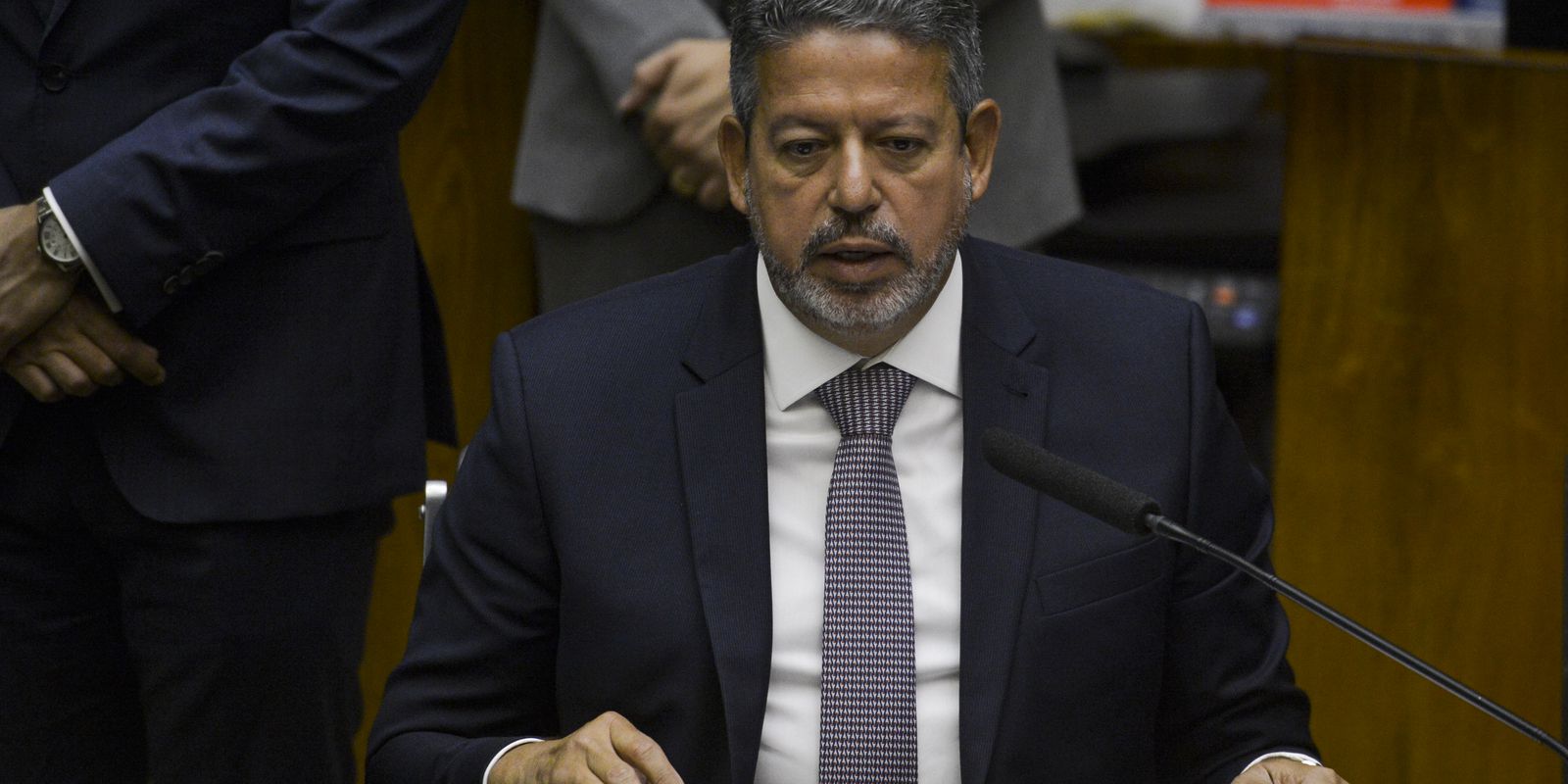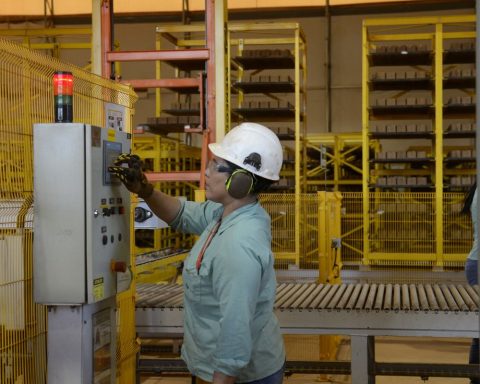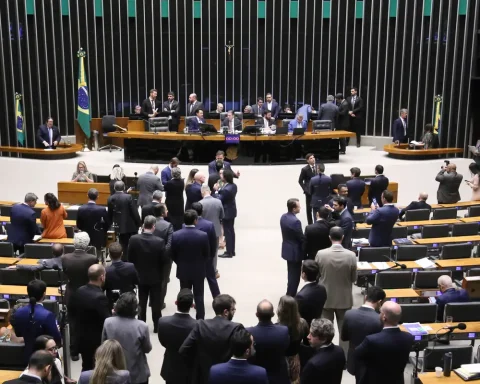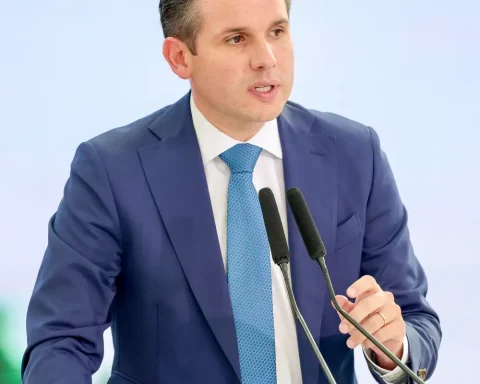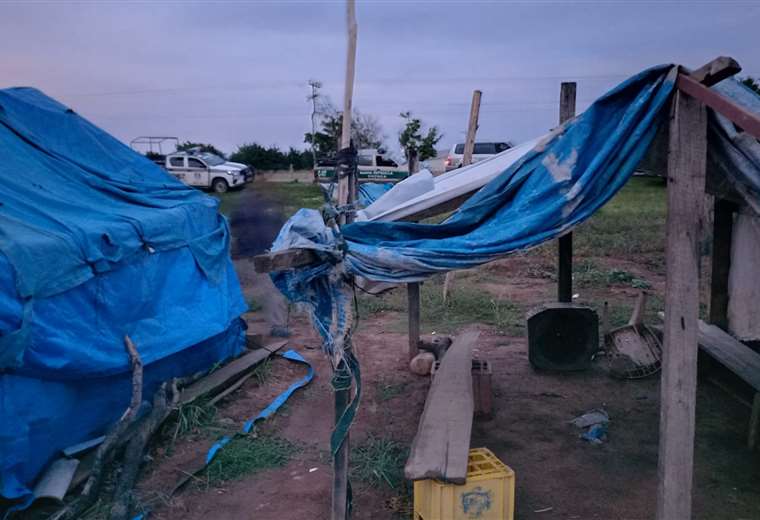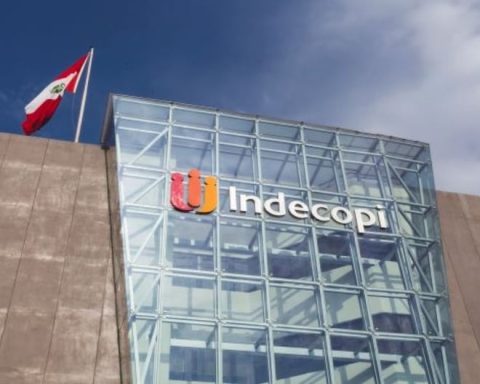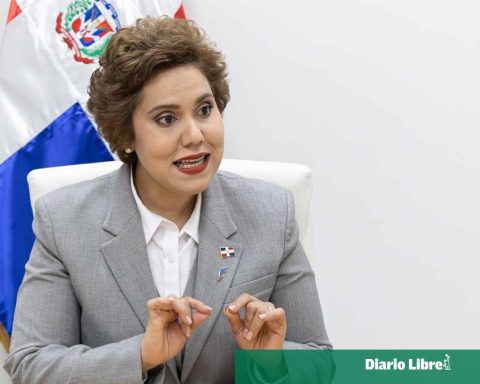The mayor, deputy Arthur Lira (PP-AL), said this Thursday (15) that the Transition PEC will be voted on Tuesday (20). The measure was approved in the Senate, but has faced resistance from deputies, who still want to negotiate parts of the proposal. The text will allow the elected government to have fiscal space in the spending ceiling of around BRL 145 billion in the 2023 Budget and another BRL 23 billion in investments outside the cap.
In a short speech in the plenary of the House, Arthur Lira said that he asked the President of Congress, Senator Rodrigo Pacheco (DEM-MG), to convene a session for this Friday (16) to vote on budgetary matters and that on the 19th there will be diplomacy of elected federal deputies, which will reduce the quorum in the Chamber of Deputies.
“We made an appeal to President Rodrigo Pacheco so that he please convene Congress for tomorrow, considering that Monday will be a day of many diplomations of deputies and senators throughout Brazil and we will use the plenary of the Chamber of Deputies on Tuesday all day with the Transition PEC agenda from 9 am, in the morning and in the afternoon, on Tuesday”.
Lira denied that the vote on the proposal is delayed by bargains for positions in the future government.
“We are ending, finalizing the talks, unlike what has been reported, without any kind of bargaining, which this presidency has never done, but accommodating votes so that we have the necessary quorum to face the main votes and the highlights that may come. of the plenary of this House”, he said.
Procedure
As it is an amendment to the Constitution, the matter needs to be approved by 308 parliamentarians, in two rounds of voting. If there is a change to the text already approved in the Senate, the matter will need to be returned for analysis by the senators.
However, the concern of the future government is with the deadline for this analysis, since the parliamentary recess begins on December 23, as long as the Union Budget for 2023 is approved. In practice, if this does not happen within that period, parliamentarians are in a “white recess”, a kind of informal recess.
